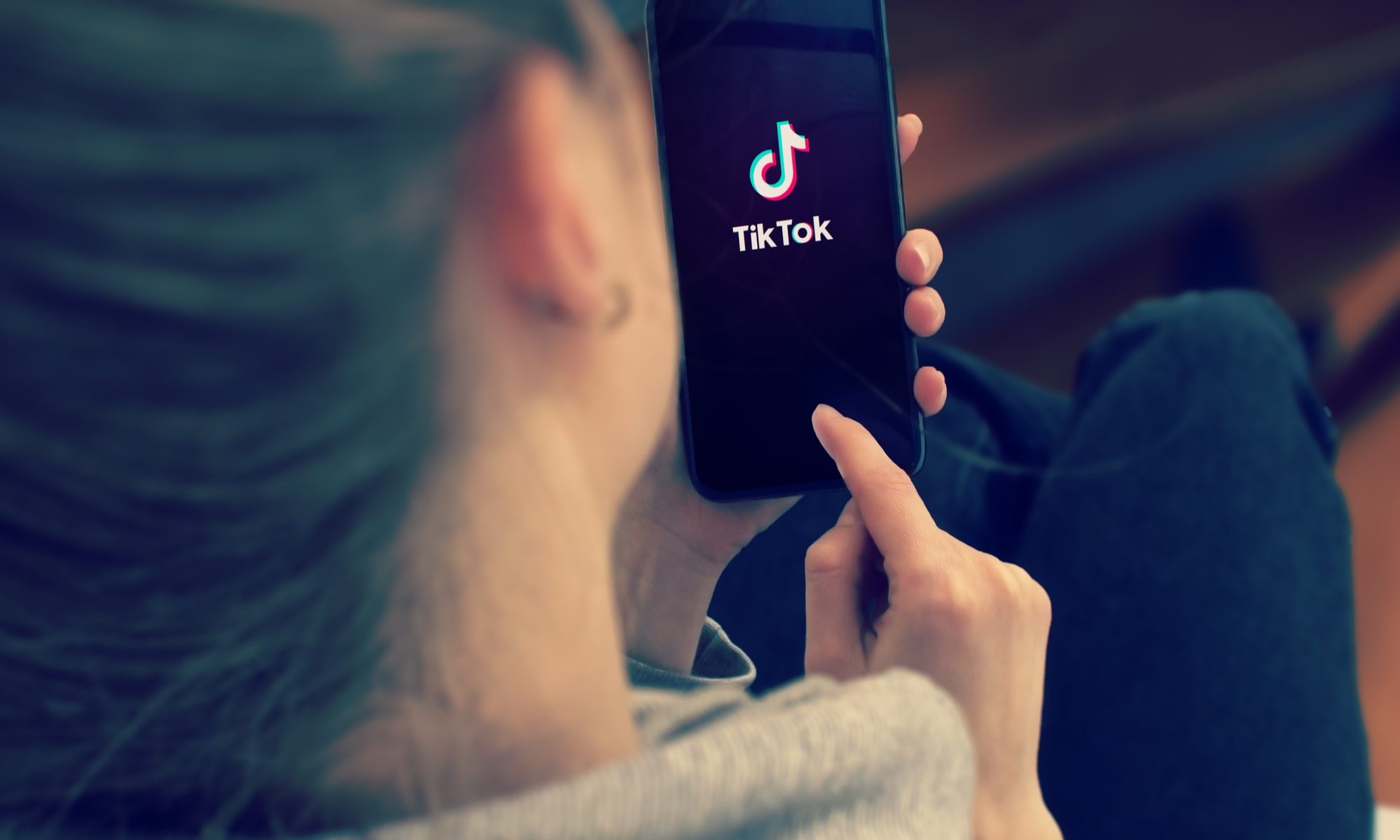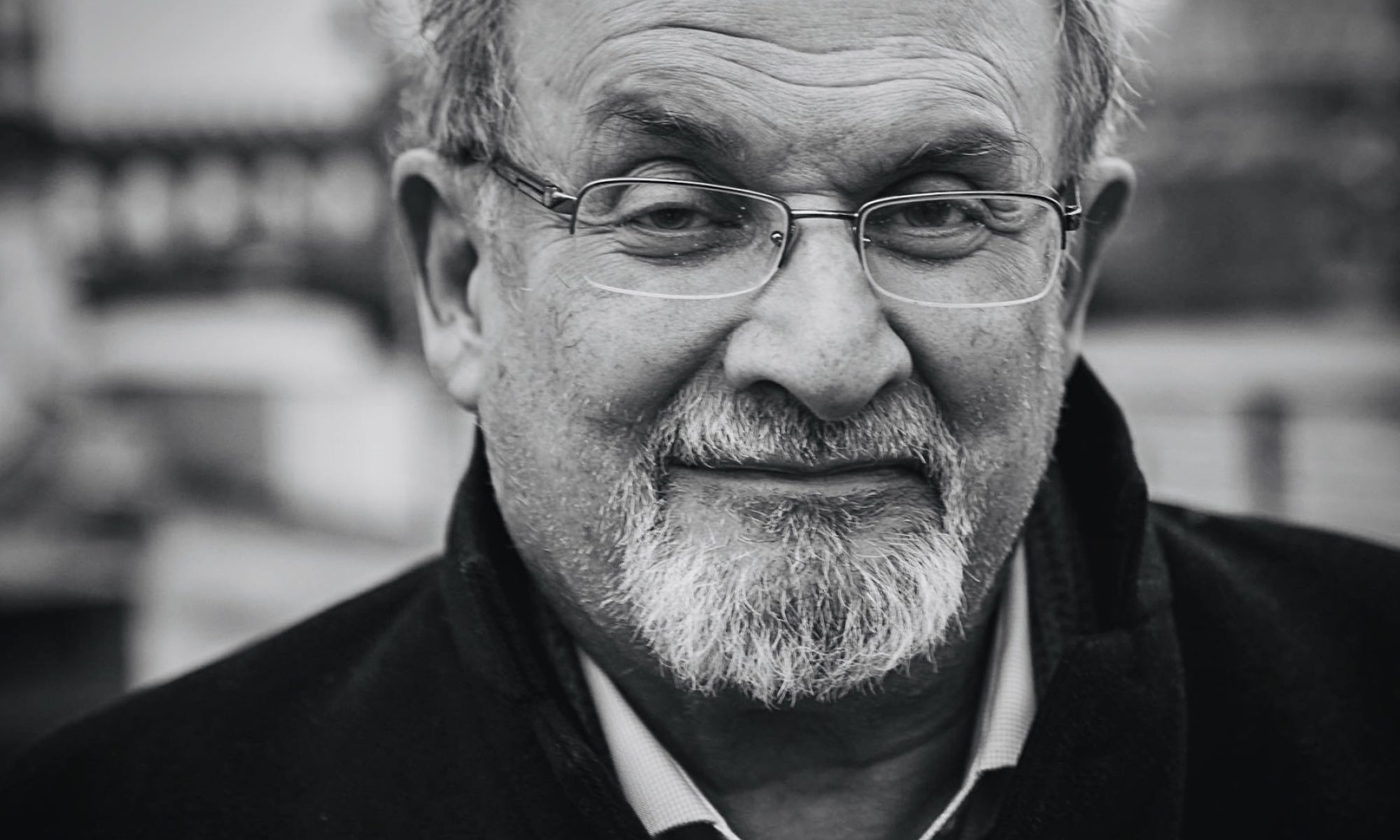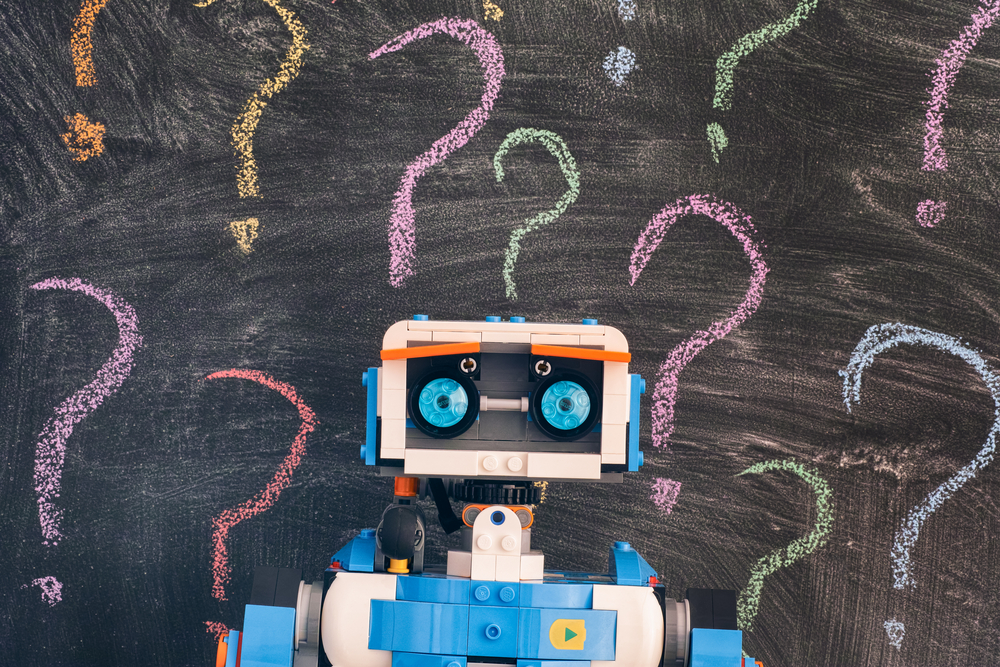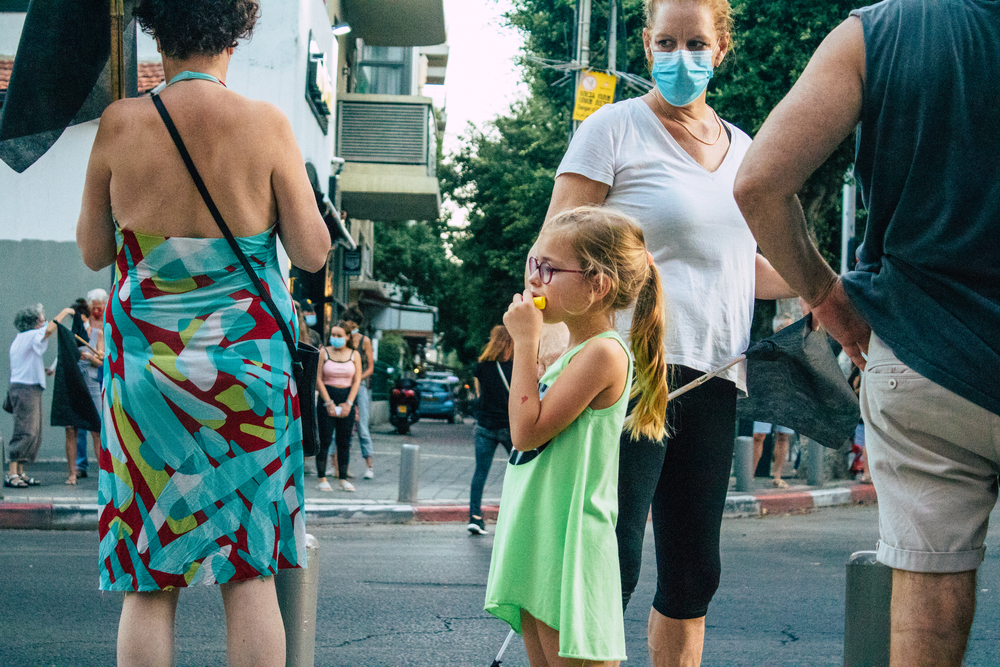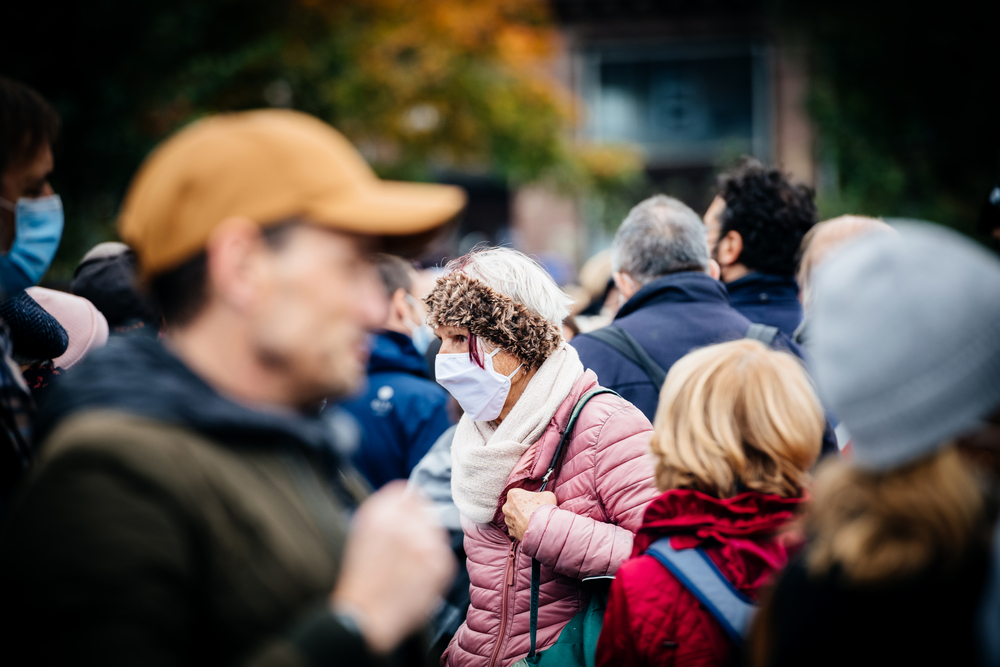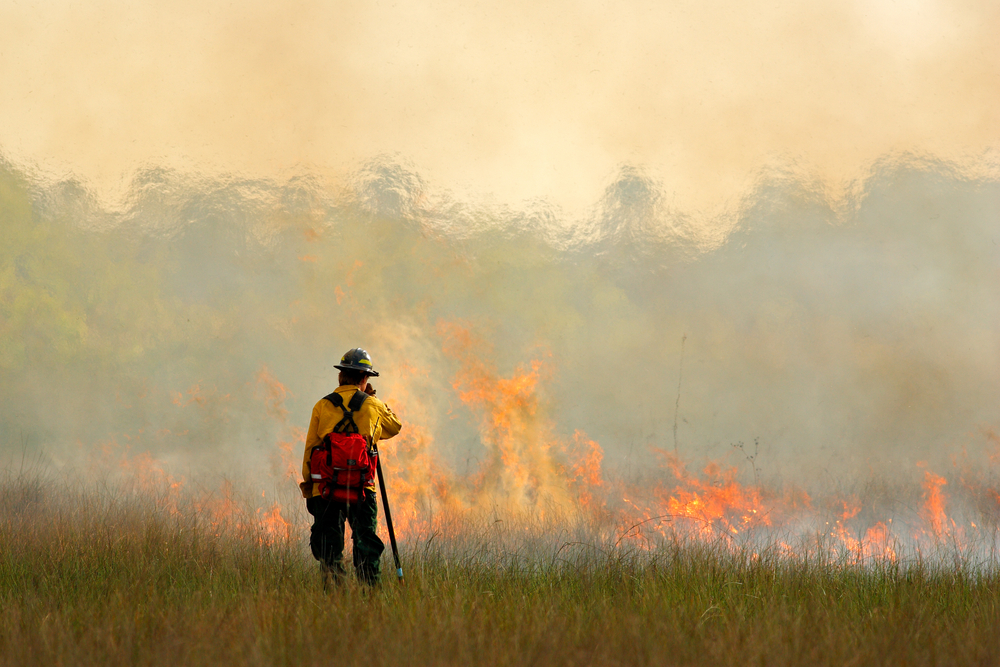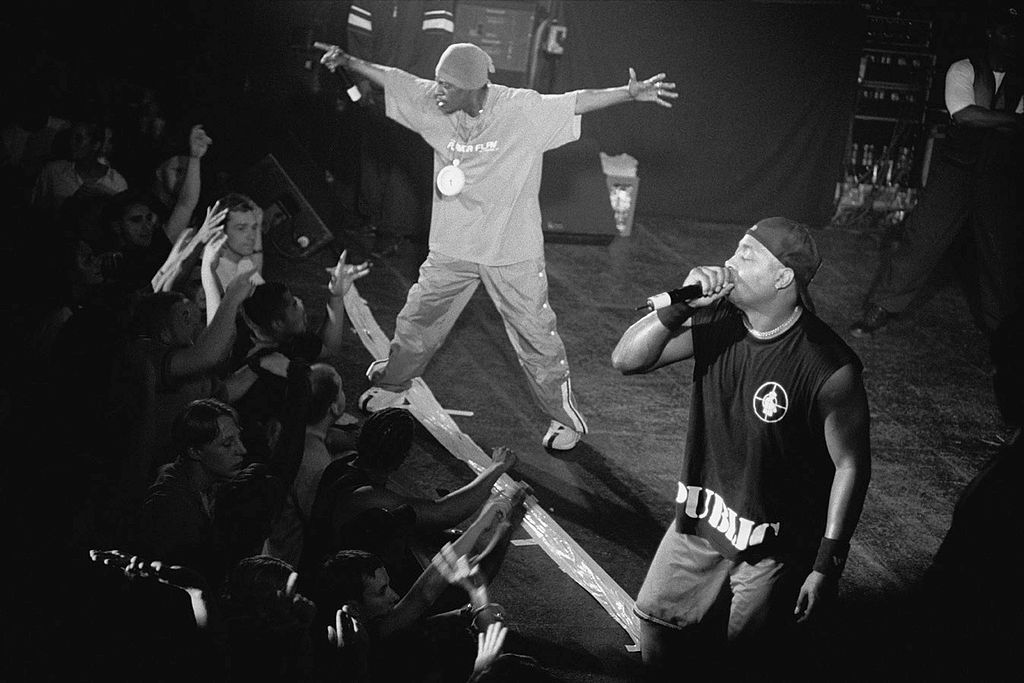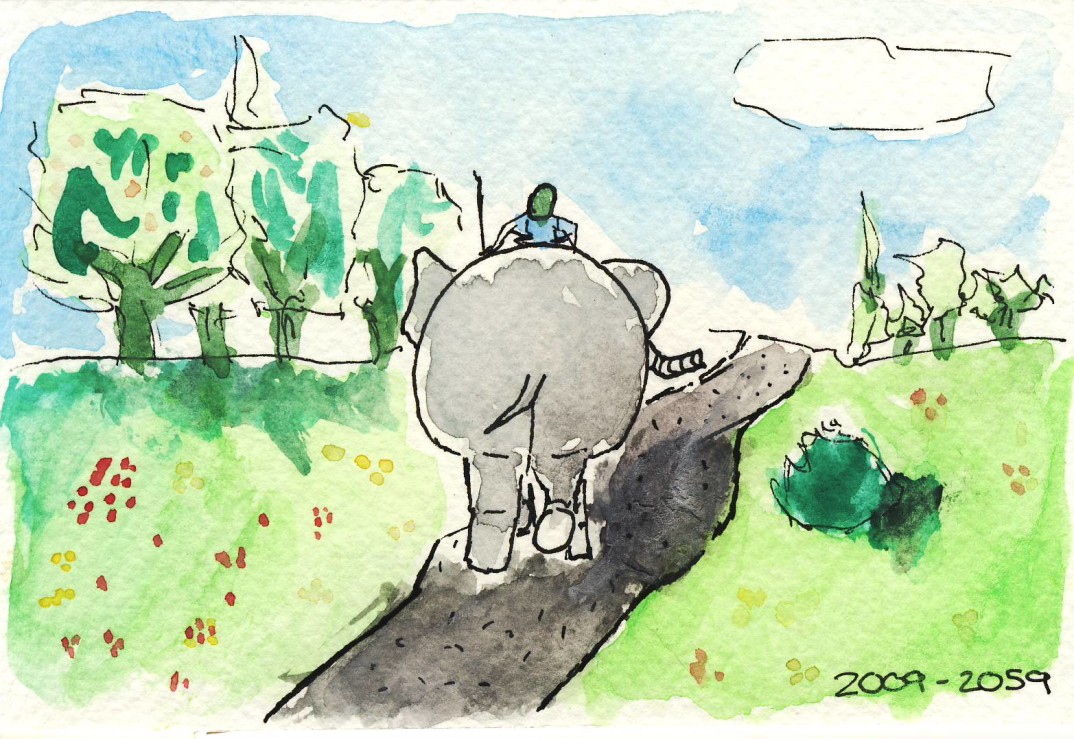If your For You page on TikTok looks anything like mine, you know that there is a veritable trove of content about autism and ADHD, much of it focused on questions about diagnosis. The spread of this online content and discussion has been lauded for the potential good it can do, allowing women and non-binary people to have access to information about conditions that are often missed in those populations or by giving voice to traditionally marginalized groups who often deal with others speaking inaccurately on their behalf.
At the same time, the algorithm may function in ways that trend towards stereotyping the populations in question or pushing content that associates ADHD and autism with things not necessarily related to diagnostic criteria (e.g., ADHD with talking fast or autism with disliking the big room light). This can lead to misunderstandings and poor self-diagnosis that misses underlying issues, such as someone mistaking bipolar for ADHD. While similar misunderstandings and misdiagnoses can happen in medical contexts, those who rely on questionably-credentialed social media influencers may be more susceptible to misinformation.
But why is having a diagnosis so appealing? What does the diagnosis do for autistic and ADHD individuals?
I suspect that at least one part of the answer is found in our practices of blame and our beliefs about who deserves support: the diagnosis promises less self-blame and blame from others and more understanding and accommodations.
How might a diagnosis lead to less self-blame and blame from others? There are several possible philosophical answers to this question.
The first answer is relatively common: ADHD and autism are caused by brain chemistry and structure — they should be seen as medical or neurological conditions, not moral ones. On the purely medical view, ADHD and autism have nothing to do with character or who that person is as a moral agent. So, if someone is diagnosed with ADHD or autism, they shouldn’t be blamed for anything resulting from those conditions because they’re simply medical problems that are out of one’s control.
This answer has a few benefits:
the medical diagnosis adds a sense of legitimacy to the experience of individuals with ADHD and autism, it provides access to medical care, and it gives a clear conceptual apparatus to communicate to others about the specific accommodations that are needed.
At the same time, the purely medical answer has key drawbacks.
First, the medical mode is often moralized in its own way, with its own norms about health, disease, and disorder. Sometimes this is appropriate, but other times natural variations in human expression become labeled as disorders or deficits when they should not be (see how intersex people have been treated or the history of eugenics). The aim of medicine is often to provide a cure, but some things do not need to be cured. Medical care can and often has been helpful for individuals needing access to Adderall or Ritalin to function, but the purely medical mode has its limits for understanding the experiences of individuals with ADHD and autism.
Second, the medical mode tends to locate the problem in the individual, though some public health approaches have started to move towards structural and social thinking. For those with ADHD and autism, they may experience their condition as a disability in large part because of a lack of social support and understanding rather than a purely internal discomfort.
Third, the medical mode cannot always be separated from character. See, for example, the overlap of depression and grief or the fact that even normal psychological states are also caused by brain chemistry and structure.
In the case of autistic and ADHD individuals, the condition isn’t something that can be easily carved off from the person because they affect broad domains of the person’s life. In trying to separate out the autism or ADHD, others can easily create this idea of the “real” non-autistic, non-ADHD person, which can lead to failing to love and appreciate the actual person.
The second philosophical answer to the question as to how a diagnosis might lead to less blame is a capacities-based view of moral responsibility. This view is similar to the medical mode, in that the focus is often primarily on the individual, but it differs in its decidedly moral focus. On the capacities view, agents are morally responsible if they have some normal (or minimally normal) capacities of reasoning and choice. Agents are not responsible if they lack these capacities. There are ways of refining this kind of view, but let’s take the basic idea for now.
If we combine this kind of philosophical idea with the idea that ADHD and autistic people are deficient with regard to some of these capacities necessary to be a morally responsible agent, then it would make sense that ADHD and autistic folks would be either less responsible or not responsible at all in certain domains. But if the point of accommodations is to increase capacities, then accommodations should be supported. However, like the medical approach, there are a few drawbacks to at least some versions of this view.
First, there isn’t a clear capacities hierarchy between neurotypical people and neurodivergent people. While someone with ADHD may have trouble starting on a large project in advance, they may work exceptionally well under pressure. Someone with autism may have more difficulty in social situations but could have the ability to focus their time and energy to learn immense amounts of knowledge about a special interest. While parts of the ADHD and autistic experience involve deficits in certain capacities, the overall assessment is much less clear.
Second, claiming that someone with autism and ADHD can’t be a fully morally responsible agent also seems to have a troubling implication that they might not be full, self-legislating members of the moral community. This kind of view places people with autism and ADHD in the position of, say, a child who has some understanding of moral principles but isn’t yet a full agent.
Neither the medical model nor at least some versions of the capacities model seem to fully provide what people are looking for in a diagnosis. While both offer rationales for removing blame, they can have a dehumanizing effect. The drawbacks to these views, however, teach us some lessons: a good view should 1) consider the whole, actual person, 2) think about the person in their social context, and 3) avoid making the autistic or ADHD person out to be less than full moral agents.
I think the right question to ask isn’t “how is this person deficient in some way that removes responsibility?” but instead “what expectations are reasonable to place on this person, given who they are at this point in time?”
This is a rough suggestion that requires more development than I can give it here.
There are ethical considerations that enter in at the level of expectations which go beyond questions about capacity. What would it look like to be kind? To give each other space to be comfortable? To accept parts of ourselves we can’t change? To build a world that works for everyone? Capacity is certainly implicated by these questions, but it isn’t the whole picture.
By shifting our focus to the question about what expectations are reasonable to place on an individual person, we are recentering the whole person and recognizing the dis/abilities that the individual experiences.
Experiences with autism and ADHD can be very different from person to person, and the accommodations needed will vary from person to person. The expectations we can reasonably place on people with ADHD and autism may not be any less than those without — they may just be different.
And neurotypical people who interact with ADHD and autistic people may also be reasonably expected to provide certain accommodations. Everyone’s needs should be considered, and no one should be othered.
For example, say that an autistic person says something that comes off as rude to a neurotypical friend. This has happened a few times before, each within a new domain of conversation. Every time, the autistic individual apologizes and explains how autism affects their social communication and understanding of social norms and how they’re trying to get things right. Eventually the neurotypical friend gets upset and says “why do you always use the autism as an excuse to get out of responsibility?”
In this case, it doesn’t seem that the autistic person is abnegating responsibility, it seems that they’re clarifying what they are actually responsible for. The autistic person isn’t responsible for intentionally saying something rude, they’re responsible for accidentally saying something rude despite their best intentions otherwise. And the autistic person still apologizes for the hurt caused and promises that they will continue to try to do better in the future. Whichever way the two friends negotiate this part of their relationship, it seems important that they each understand where the other is coming from and that each friend’s feelings are given space.
What does this example tell us about relationship between diagnosis and blame? Perhaps we need to develop alternative frameworks to recontextualize responsibility, rather than simply diminish it.

